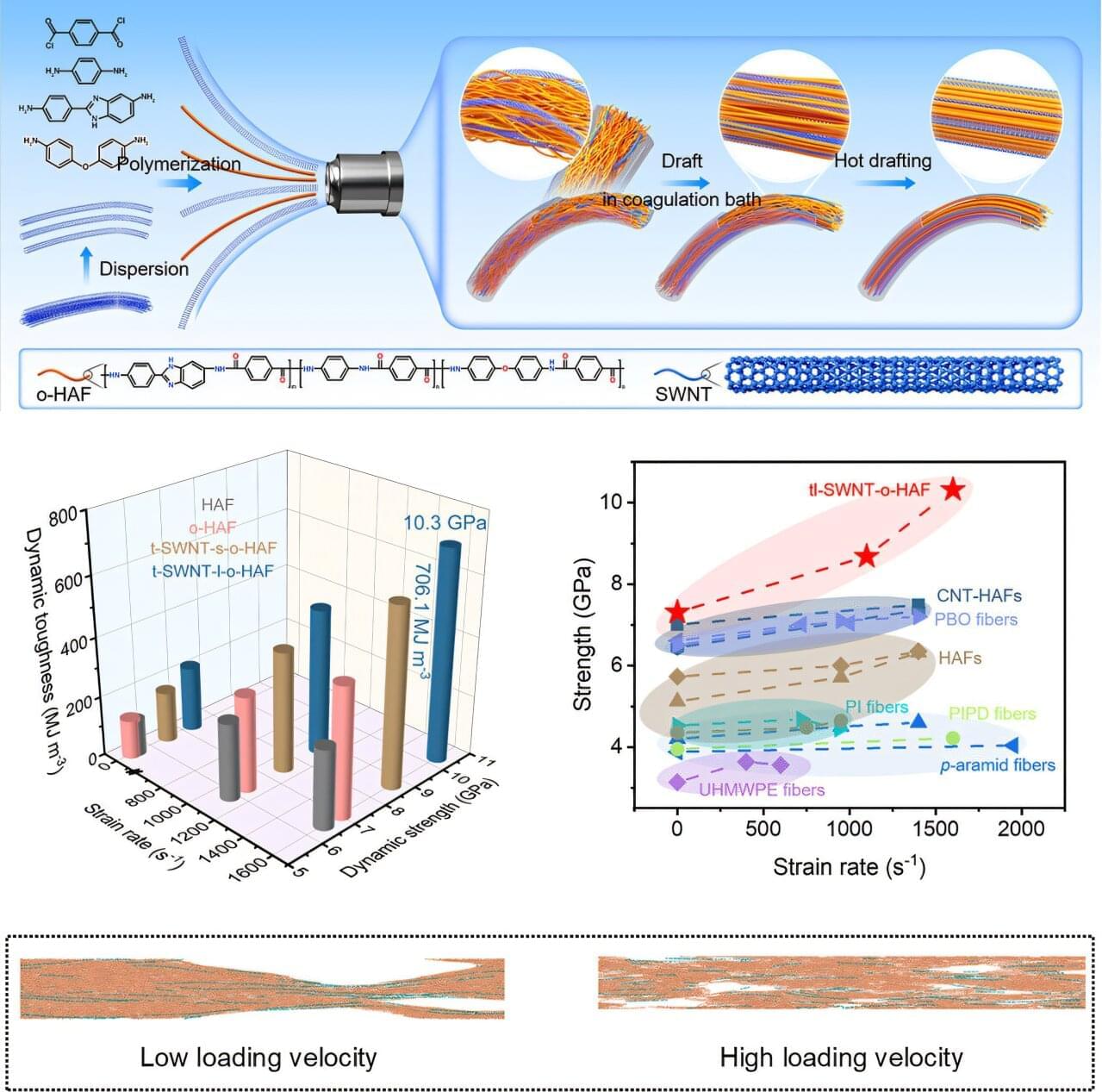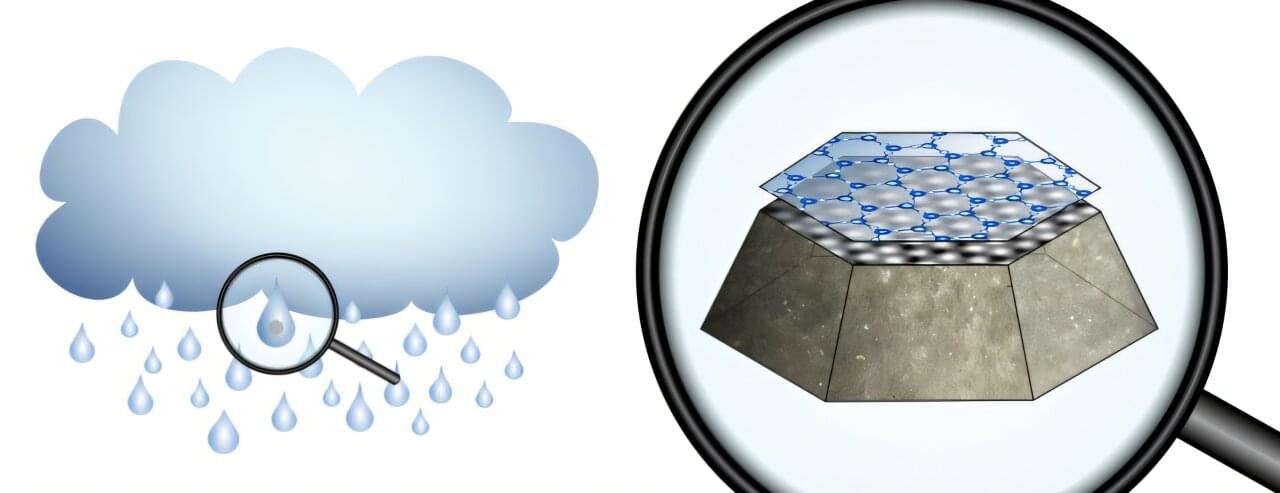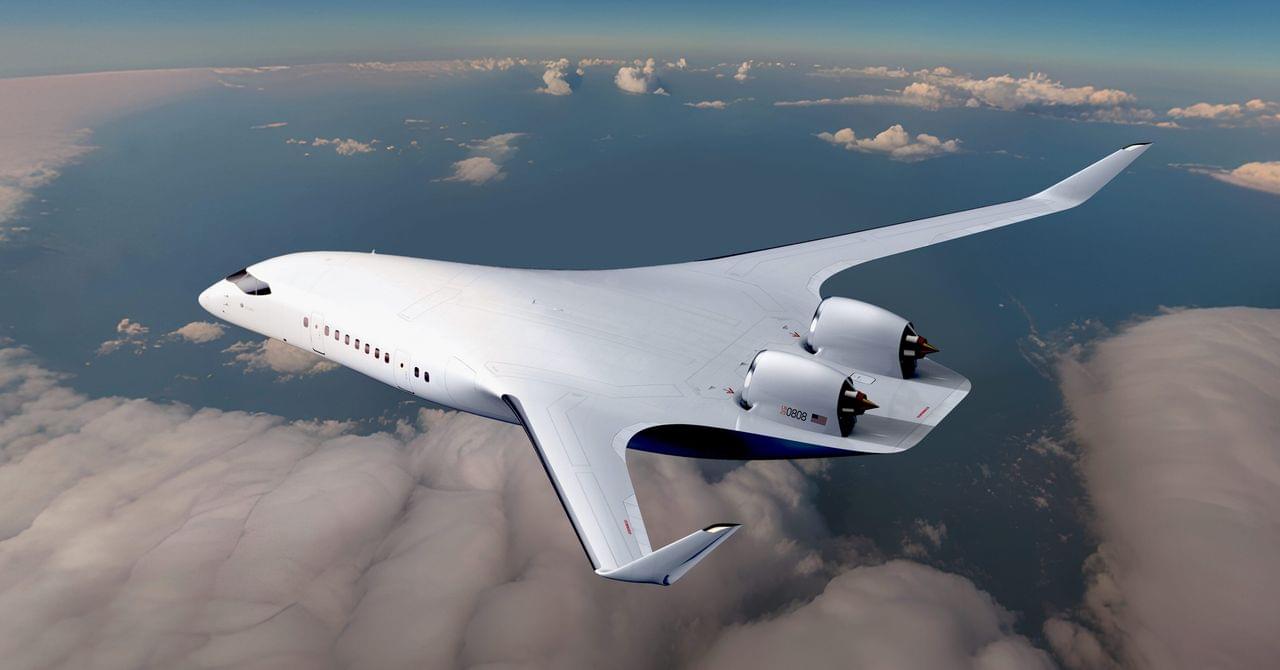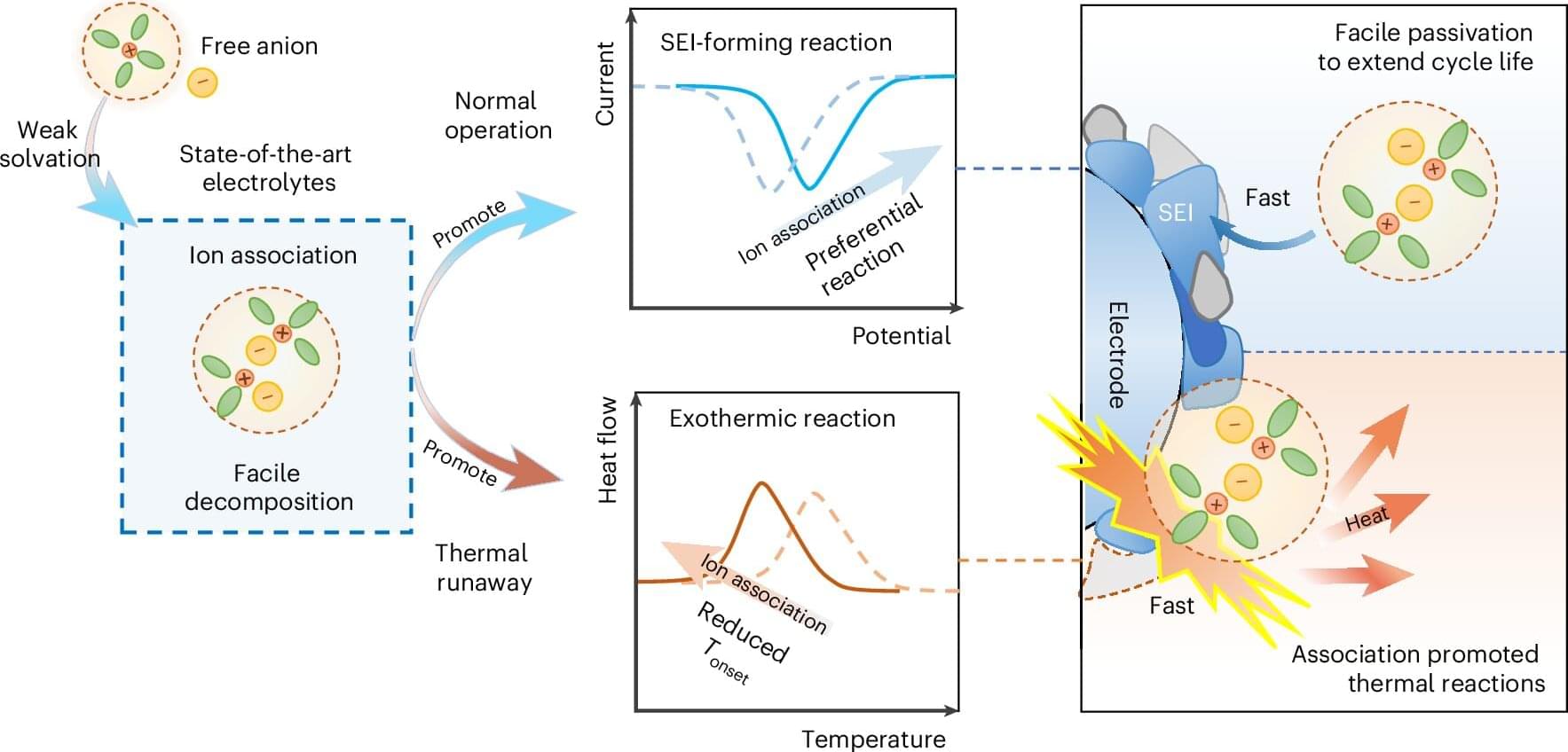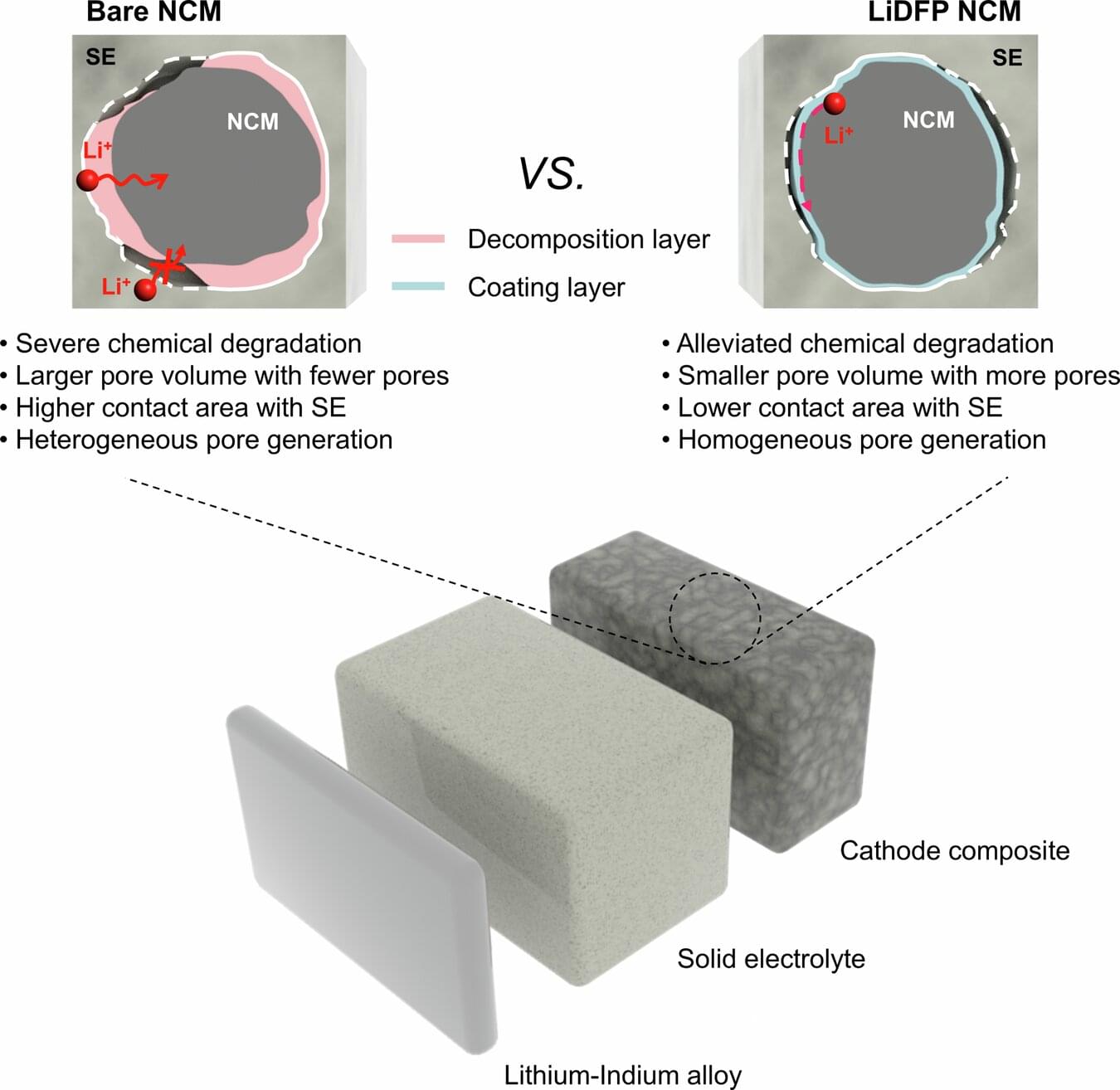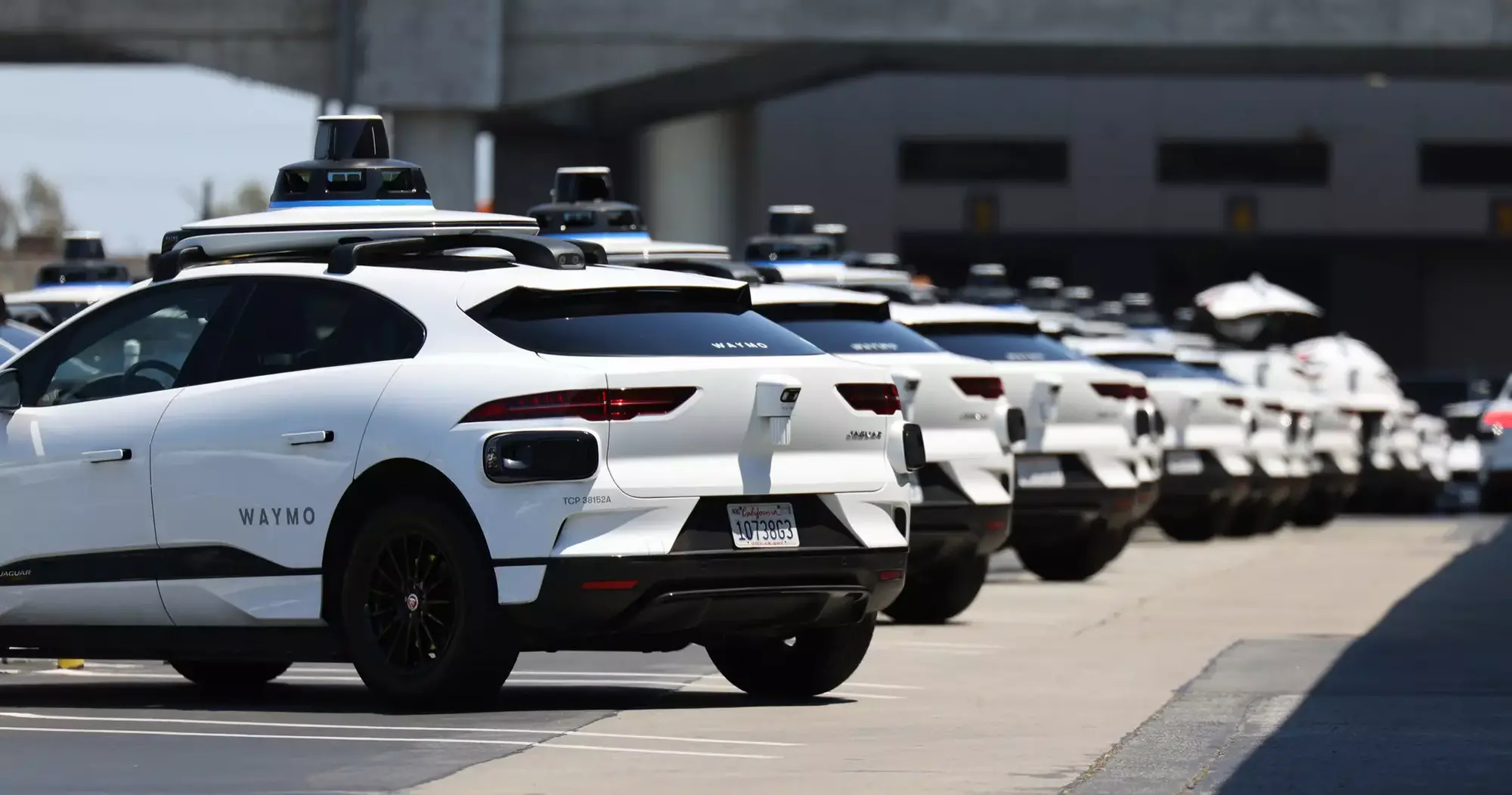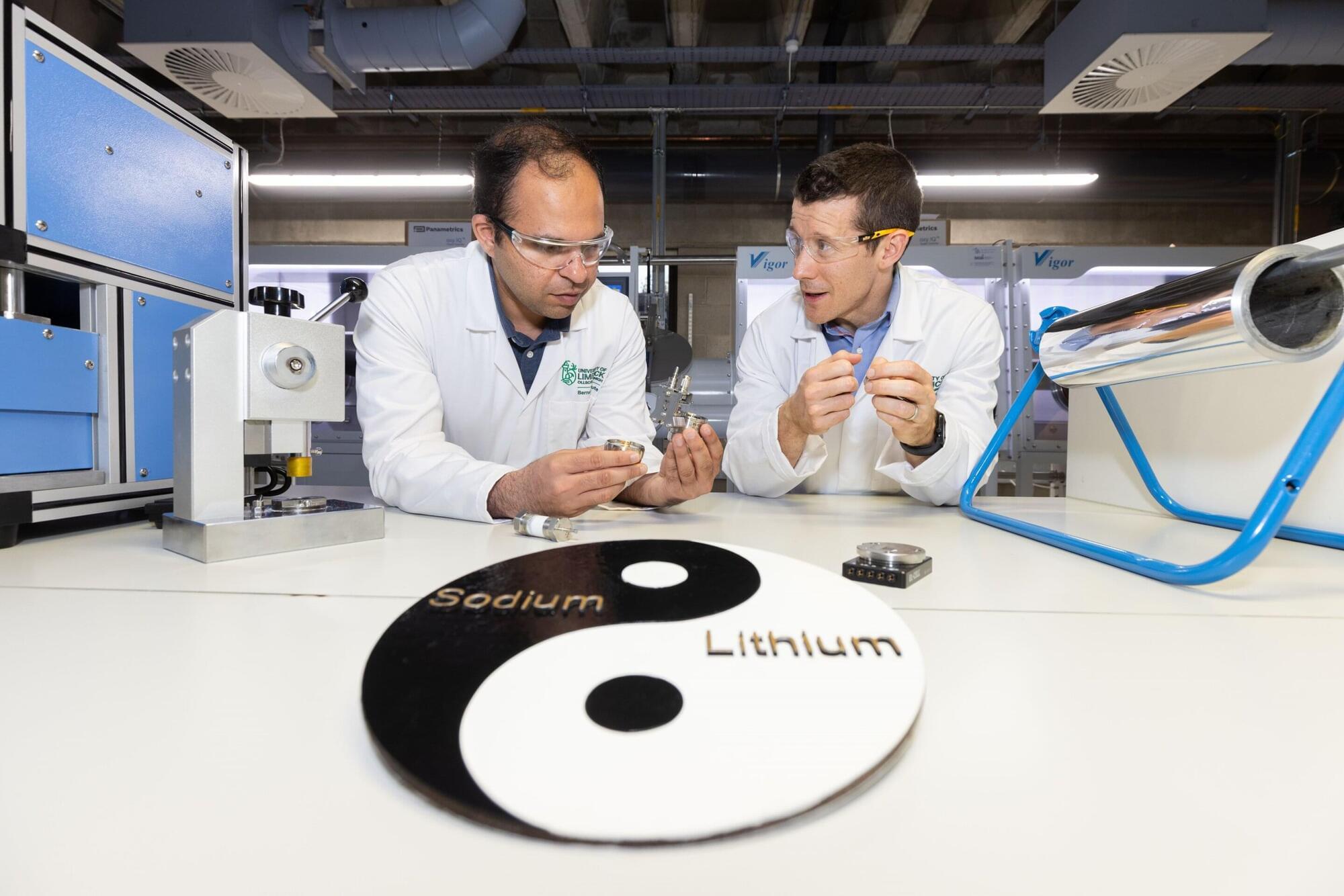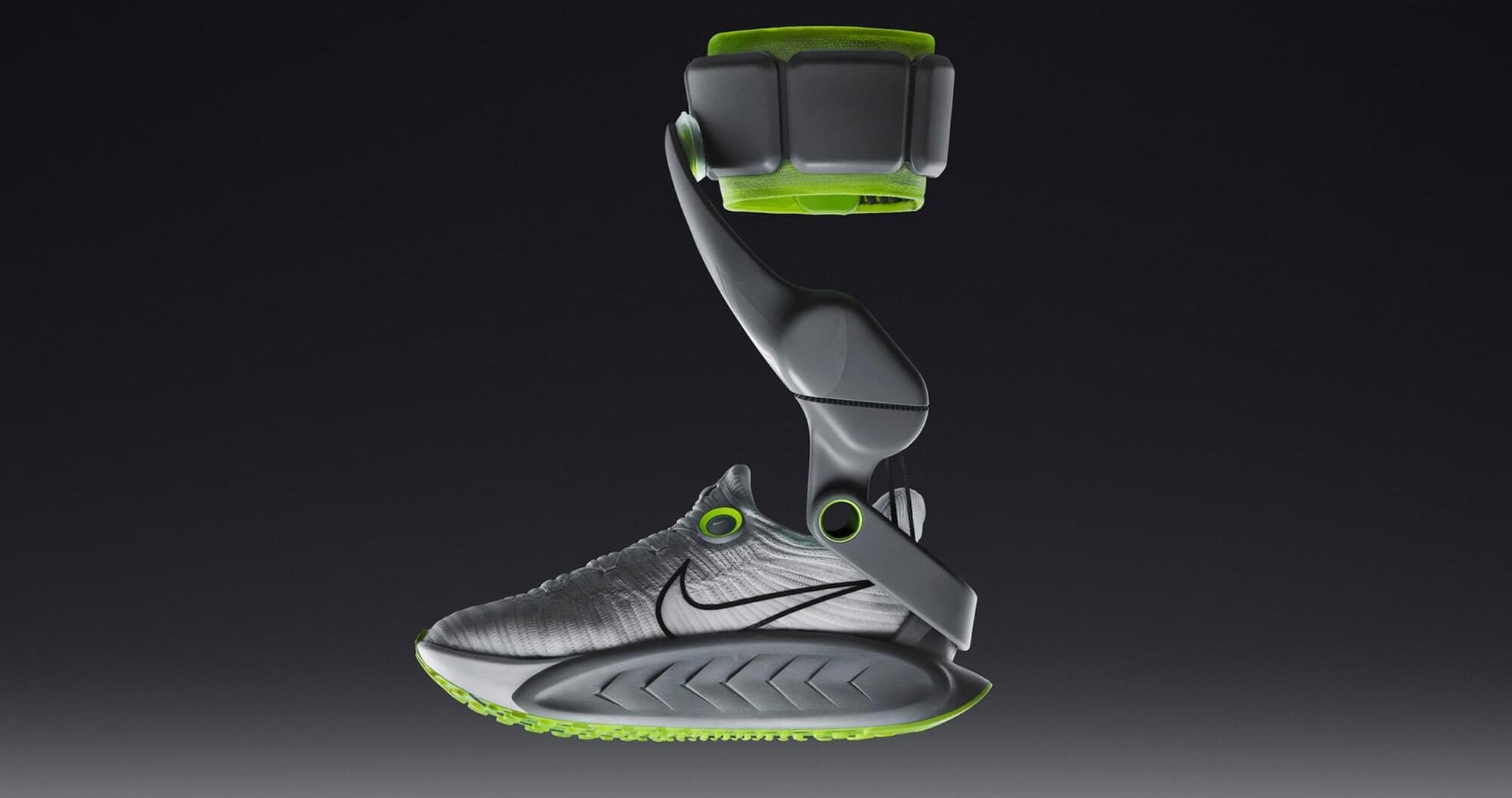Kevlar has met its match. For decades, it has been the gold standard for impact protection, from bulletproof vests to armored vehicles, and is still widely used. But scientists have now developed a new composite material that is stronger, tougher and better at stopping bullets than Kevlar even though it is much thinner. Their study is published in the journal Matter.
To stop high-speed impacts, like a bullet, a material needs to resist breaking under force (high strength) and be able to absorb a lot of energy without shattering or failing (high toughness). However, there is a problem with current solutions, such as Kevlar, which is made from aramid fibers. When scientists try to make these fibers stronger, they often become more brittle, making it difficult to achieve both simultaneously. This is a common trade-off in materials science when you try to improve a material’s overall performance.
